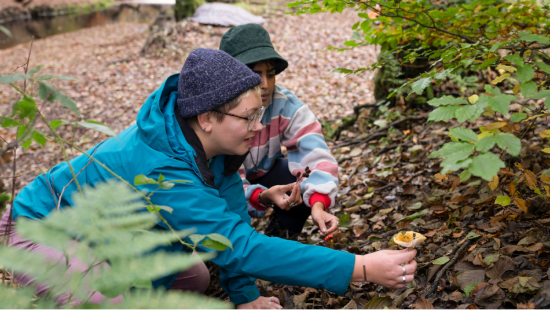News
Evolution of the RSB’s regional network
- Details
- 23 October 2024
The Royal Society of Biology has announced a shift in its regional structure following a consultation process earlier this year, aiming to better support local and global engagement in the post-pandemic landscape.
As part of its next five-year strategy, launching in January 2025, the RSB will transition to a grants-based model that will allow individual members and diverse groups worldwide to organise life science events in their localities. This change is designed to broaden participation and enhance the delivery of the RSB’s strategic goals, while providing more autonomy to regional volunteers.

The grants will open next year and can be used to fund one-off events or a series of life science events that have a greater focus on delivering the RSB’s new strategic aims. Following the success of the member-exclusive Biology Week talk with Dr George McGavin Hon FRSB, the Society will also be delivering more exclusive events for all members.
This change means that all current branch committee-led activity and the ambassador scheme will be wound down by the end of 2024.
President of the RSB, Professor Sir Ian Boyd FRSB, said: “We appreciate the significant voluntary contribution of our branch committee members over the years, and I offer our sincere thanks to all involved. This new direction, in line with the RSB’s new strategy, is designed to help support the aspirations of members and is an opportunity for past branch members to continue to support biology through collaborative partnerships.”
At the RSB, we value the involvement over the years of local RSB branches and everyone who has spent time supporting and fostering regional activity. This new approach is designed to increase public engagement in biology by balancing regional autonomy and activity with a new offering of member-exclusive events, ensuring the Society meets the evolving needs of our community.
Further details on the RSB’s exciting future direction will be revealed with the strategy’s launch in the New Year.

